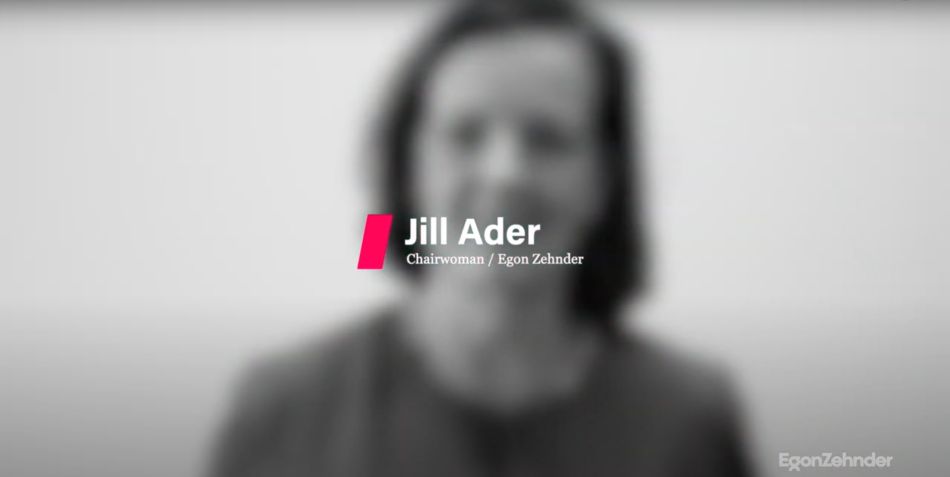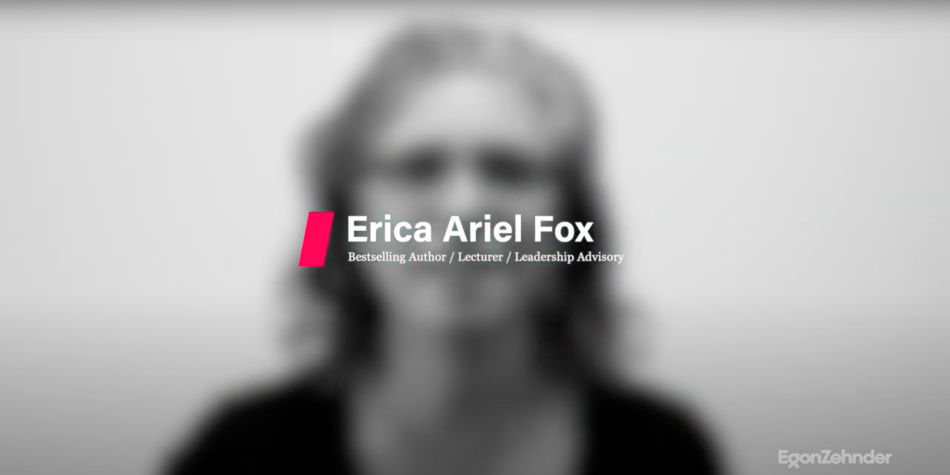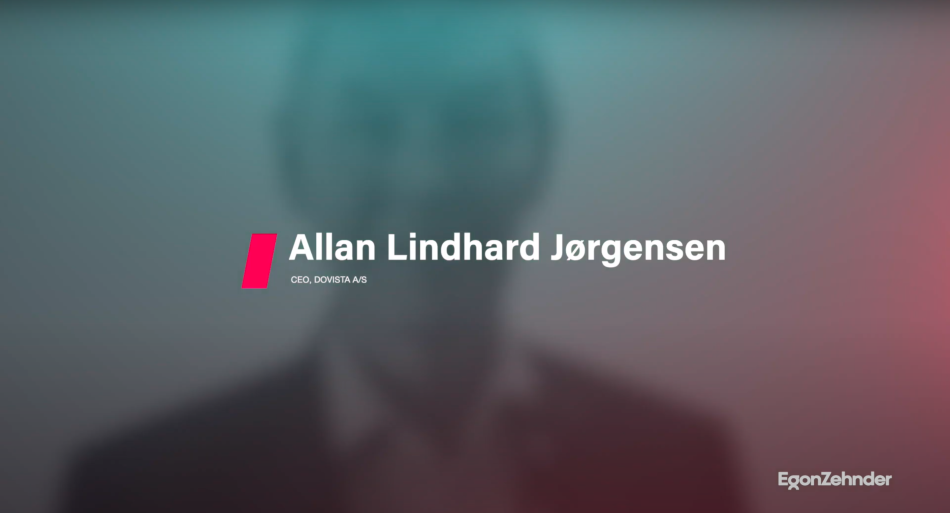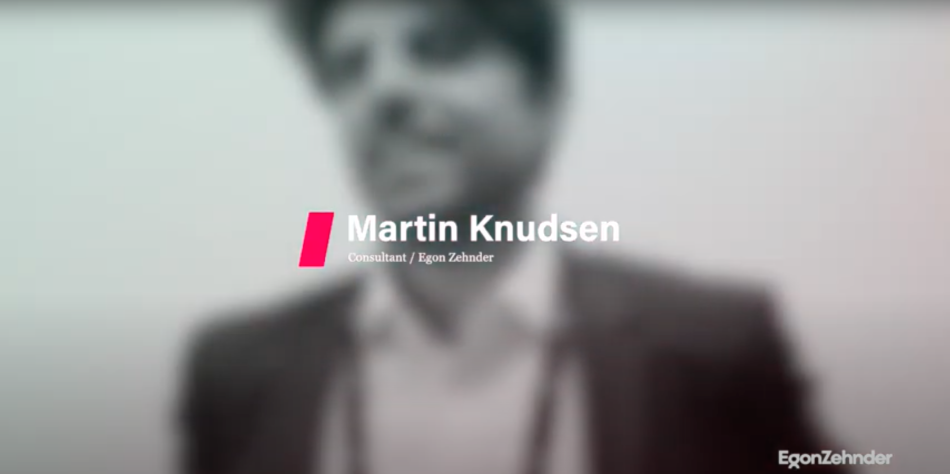A reflection from Jill Ader and Martin Knudsen, following a gathering with CEOs and Board members that was co-hosted by Erica Ariel Fox and Marshall Goldsmith.
Dear Friends,
What a pleasure it was to join you in deep conversation. For us, our discussion illustrated the humanness of leadership, where – as Erica put it – “as a leader, I can share with other people what I feel in my guts, what’s happening in my life, what keeps me up at night.” That degree of openness and admission of vulnerability is what the world needs now.
It wasn’t always so. From our decades of consulting and coaching, we recall the earlier focus on excellence and strength, on individual analysis and relentless execution. Many of us are well acquainted with the idea of the hero leader, who always knows the right thing to do, and instructs employees accordingly. But heroic leadership has outlived its usefulness, and people now expect to see a leader on a journey of self-transformation. Leaders become legitimate not by making a pretense of perfection, but by honestly striving to make progress. When we speak to CEOs, virtually everyone agrees that to transform their organizations, they need to transform themselves.
It’s natural to fear that by transforming, you might lose something important. In fact, though, transformation involves exploring your own potential and becoming more self-aware. Erica puts it neatly: “To transform is not to become someone else, but to become more of yourself. Very senior leaders like you are saying, ‘I want to know: What more of me is there?’”
As for strength and excellence, CEOs need these qualities more than ever – and we have enlarged our understanding of them. The strong, brave CEO can vulnerably admit to not being sure about a decision, accepting that it may turn out to be wrong and require correction.
Play
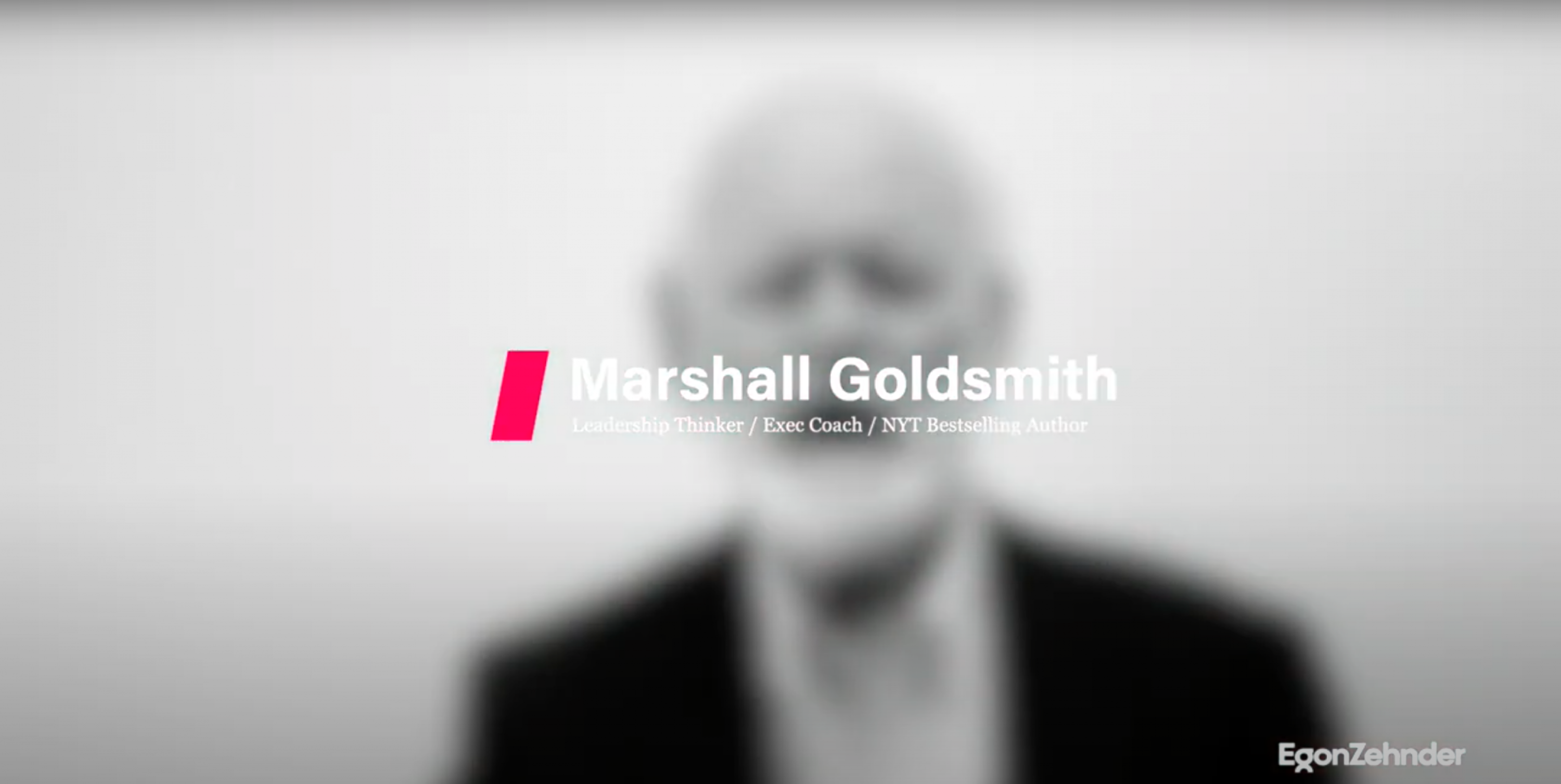
Marshall Goldsmith
Leadership Thinker
Nine out of ten global CEOs told us that their roles have moved into the center of louder, more diverse and divergent views – yet for half of our respondents, their number one shortcoming was a failure to listen. The excellent CEO strives not to impose a preconceived position on a large, diverse group of stakeholders, but to be curious about ideas from experienced and new voices.
Such practices can bring rich rewards. One basic benefit is that you get to take off the stiff mask of perfection, and to deepen relationships. Marshall asked us, “How many of you impress yourself with your uncanny ability on a daily basis to screw something up?” Hero leaders weren’t infallible; they just acted like they were. And if instead we’re more ourselves, people respond warmly to the unmistakable sign of humanity. Once we open ourselves up, we can acquire a broader, deeper understanding of our organization’s opportunities, constraints and mission. Jennifer Garvey Berger says that your role is to be Chief Meaning Maker; you have to make meaning of what’s going on. The best-informed answers draw from reflection on many perspectives.
Another advantage is that admitting to uncertainty can manage risk. One of you remarked, “You have to be honest and say: ‘I don’t know what’s going to happen, but there are scenarios’ – and make a judgement on that basis. “If you pretend you know what’s going to happen, people will call your bluff.”
When you admit uncertainty, this can increase trust in your leadership, as it has for those public health authorities who have said – in the words of one CEO – “This decision is to the best of our knowledge. If our information changes, we’ll have a new recommendation.” As you listen to your stakeholders, they will return the favor by listening back. A CEO rightly noted that “People are looking to corporate leaders as a voice of social conscience, as guides and spokespeople. There’s a stewardship of society that I think probably was not true even ten years ago.” A leader of society needs to seek out – rather than simply defend against – concerns.
The world is re-evaluating many long-established norms, including in the workplace: ideas about fair pay, work balance and flexibility, inclusion and fulfilment. We can take up this invitational moment. We have an opportunity to lead from our basic humanity, and to ask: What do you wish for? What gets in your way? How can I support you? In such ways, we can unlock our own potential and the collective potential of our organizations to find innovative answers to thorny challenges. Together with our teams, we can think creatively, experiment to solve problems, show empathy, and replace fear and rigidity with energy and playfulness.
If we have faced many challenges, there are certainly more to come. One is that some boards can lag behind in the new values of leadership. Instead of seeking to appoint and reward a command-and-control leader (“Does he like the smell of gunpowder?”), board members can – as one CEO remarked – strive to build personal relationships with their Chief Executives, and aim to help solve challenging problems together. Another challenge is to align our priorities with the values of openness, and of accepting social leadership. In our CEO survey, when we asked about the metrics that drove CEOs’ decisions, ESG ranked – on average – sixth out of six options in priority! A disparity between what we say – even strongly feel – and what actually guides our decisions makes for inauthentic leadership. Ultimately, stakeholders come to notice it.
I’m looking forward to speaking with you all again, and to having the privilege of joining you on your inspiring path. But before I sign off, I’d like to recall Marshall’s mindfulness advice. Take a deep breath, and think, “It’s a new me.” Be thankful to every previous you. Be forgiving. And ask yourself, “Am I being the person I want to be, right now?”
Warmly,
Jill and Martin
Play
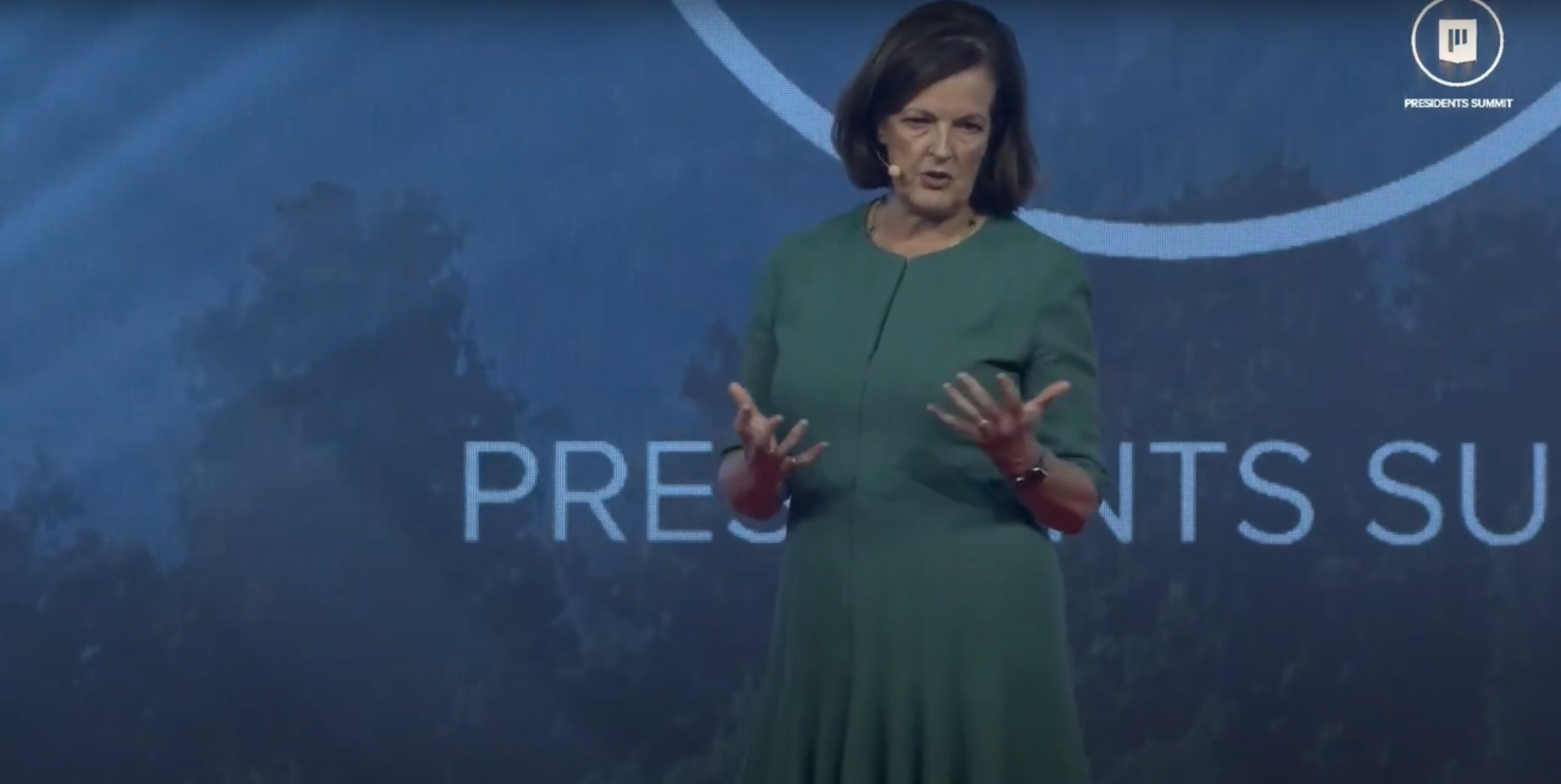
Jill Ader, Chairwoman of Egon Zehnder, explores these questions at the Presidents Summit in Copenhagen, November 2021.
